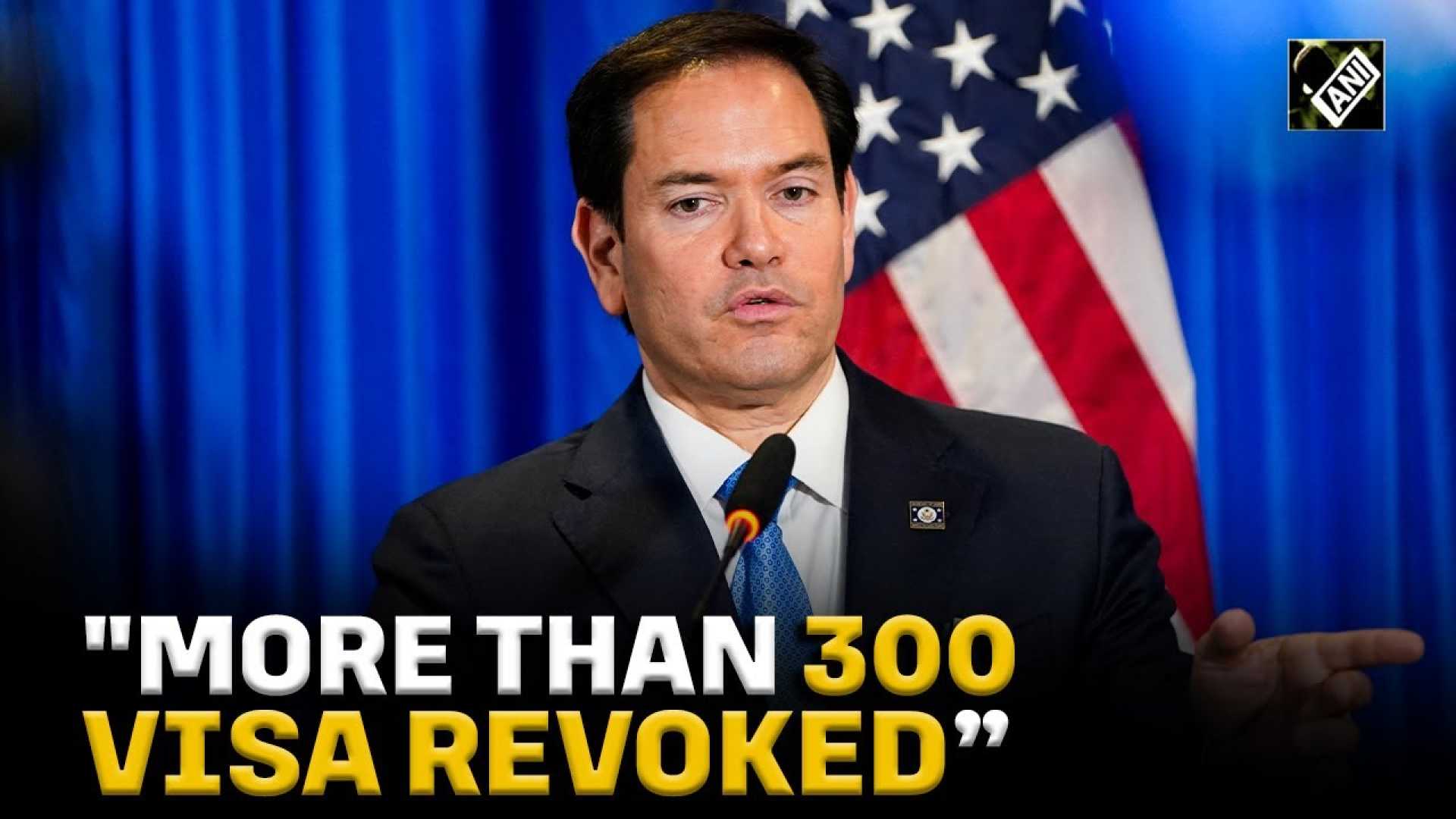Politics
Fox News Hosts Spark Controversy Over Visa Revocations Amid Free Speech Debate

NEW YORK, NY — On Friday, hosts of Fox & Friends discussed the recent revocation of student visas by the Trump administration due to pro-Palestine protests. The conversation raised concerns about the implications for free speech and how the U.S. is perceived globally.
Co-host Brian Kilmeade remarked that he did not care about the potential “chilling effect” on free speech, saying that those affected by the visa revocations are not American citizens. “These are not American citizens,” he stated. “No, I’m just saying the chilling effect,” co-host Rachel Campos-Duffy responded, voicing apprehension about the implications of the visa policy on freedom of speech.
The discussion was spurred by Secretary of State Marco Rubio‘s confirmation that he recently revoked the visa of Rumeya Ozturk, a Tufts University doctoral student from Turkey. Ozturk had co-written an op-ed criticizing the university’s response to anti-war demonstrations. “Every time I find one of these lunatics, I take away their visa,” Rubio stated, indicating that he might have revoked more than 300 visas. “We do it every day.” The severity of this stance on protest and dissent has raised alarms among civil liberties advocates.
Campos-Duffy referenced an interview with a Columbia University student who chose to “self-deport” to Canada after the detention of fellow student Mahmoud Khalil, saying it created a sense of insecurity within the community. “I felt I had no rights in America,” the Columbia student said, highlighting the emotional impact of the deportations.
Concerned about the ramifications of these policies, Campos-Duffy pondered, “Should we deport people who criticize America and American policies?” Her sentiments were echoed by Kilmeade as they debated the lines between legitimate criticism and supporting extremist ideologies. “You’re over here, you’re protesting this country and our allies, goodbye!” he exclaimed, defending the administration’s actions.
Jones joined the debate, expressing that he wanted “chills to run down the spine of not only terrorists but also of people that are residents here.” He asserted that individuals who don’t exhibit patriotism should be wary while in the U.S. Campos-Duffy added, “I was also concerned about universities admitting too many foreign students,” arguing that it sidelined American students.
The ongoing conversation underscores a growing tension between national security and free speech. While some advocates argue that the visa revocations prevent dissent and stifle free expression, sponsors of the policy assert it is necessary for safeguarding American values and security.
As the White House deliberates new guidelines, including potentially limiting foreign student admissions at colleges considered to have pro-Hamas sentiments, there is rising concern among critics about the broader implications for freedom of speech in the United States. Campos-Duffy reiterated the importance of maintaining a balance, cautioning that the administration should not create an image of being against free speech.
In an age where geopolitical tensions influence domestic policies, the intricate balance between national security and the fundamental right to speak freely continues to generate debate among policymakers, educators, and citizens alike.












